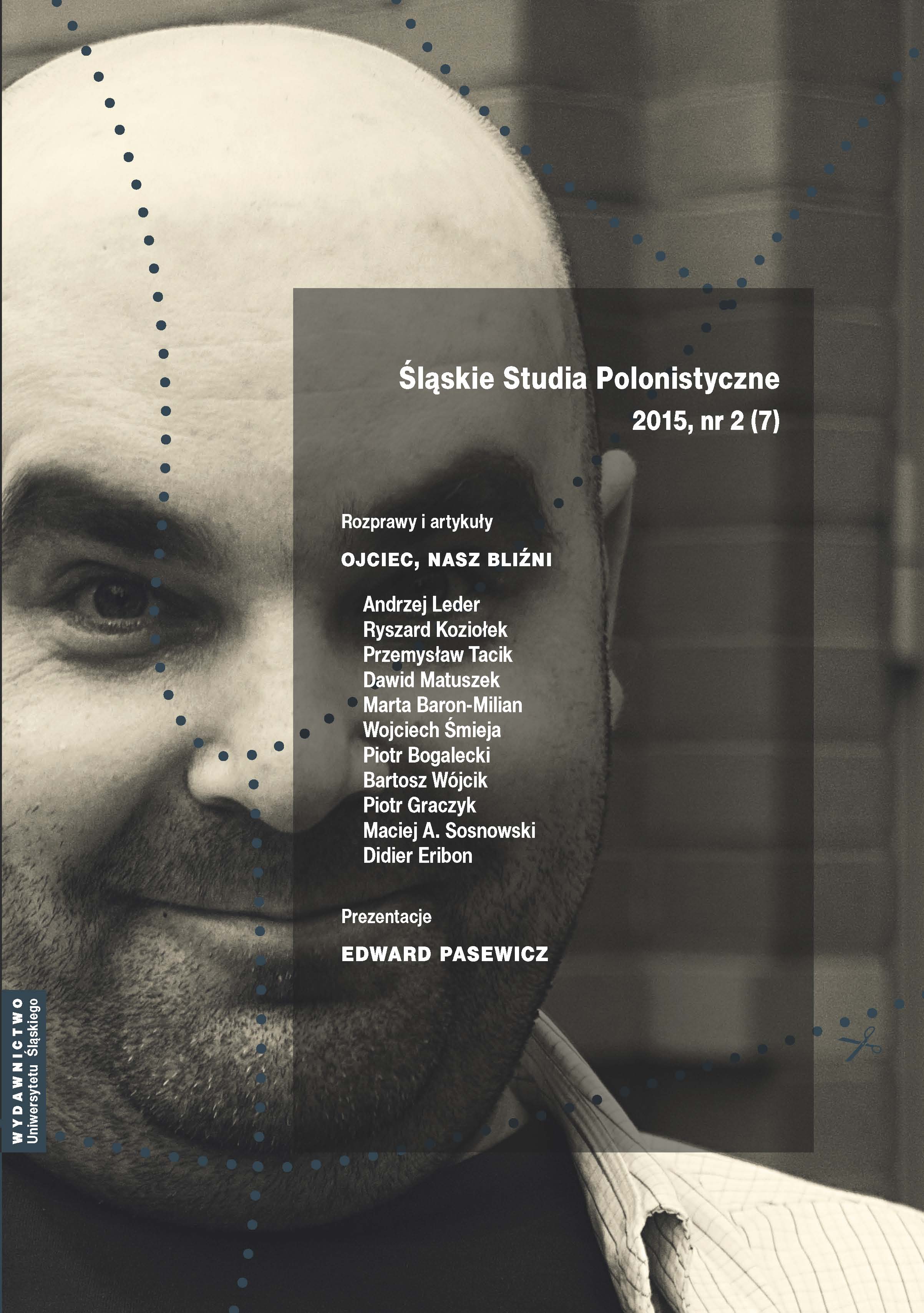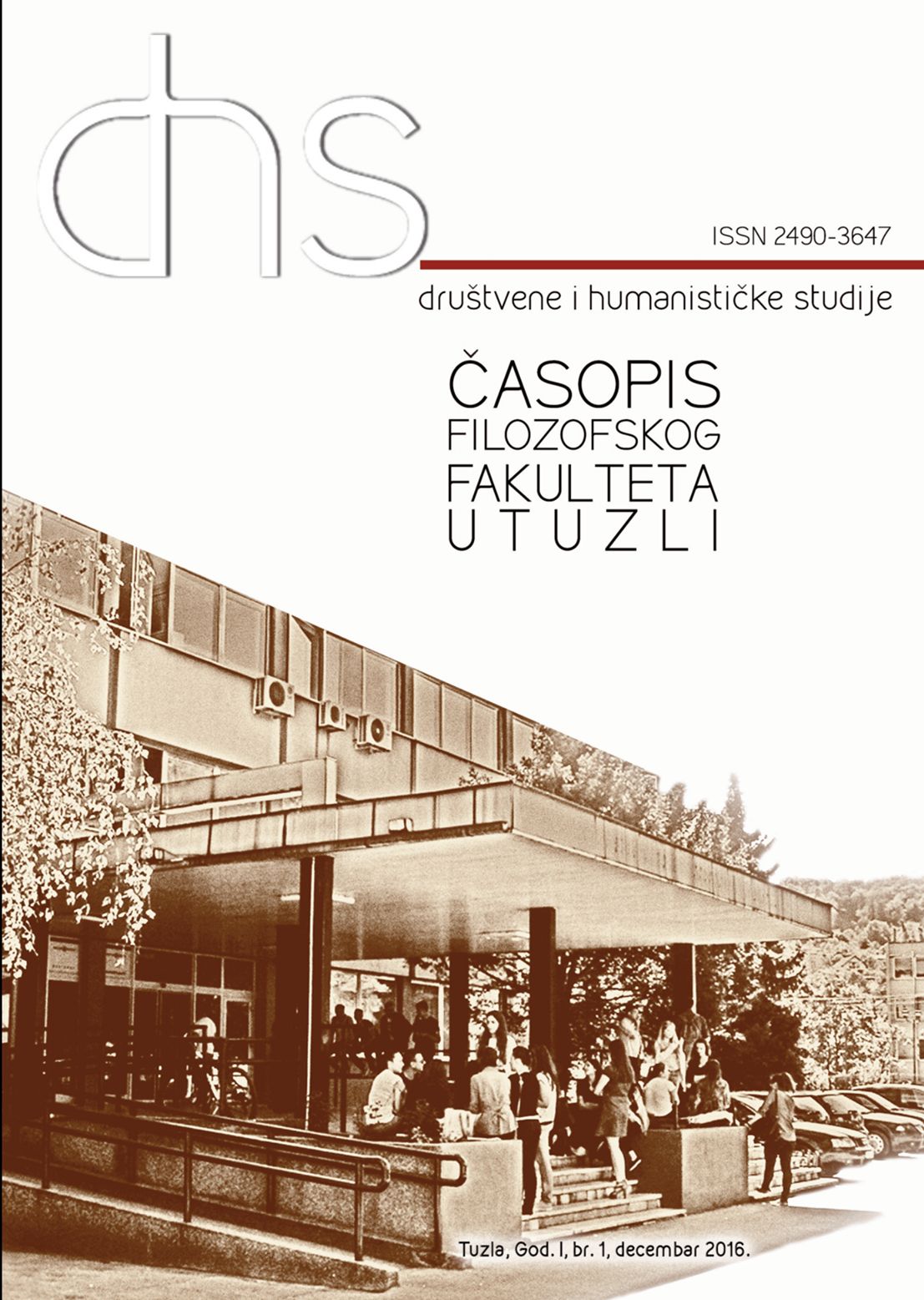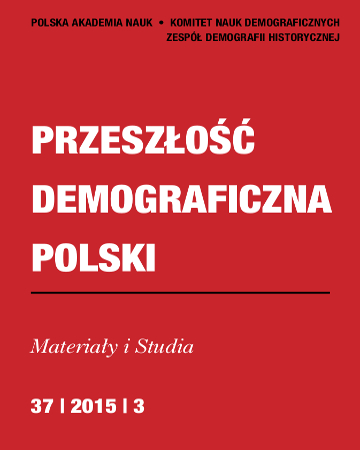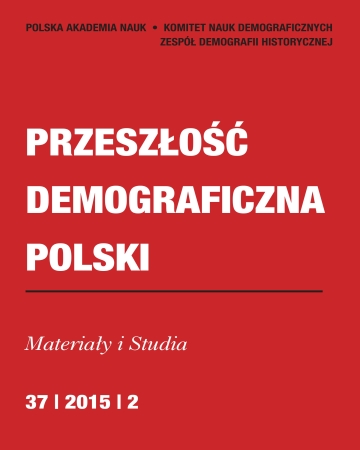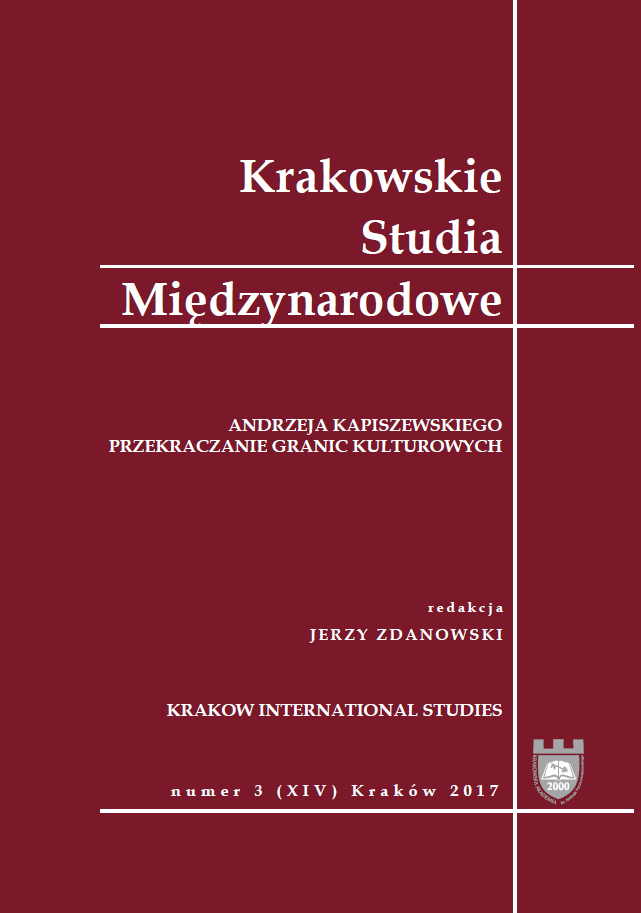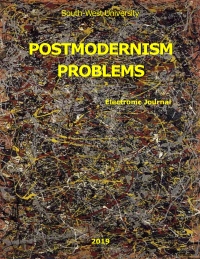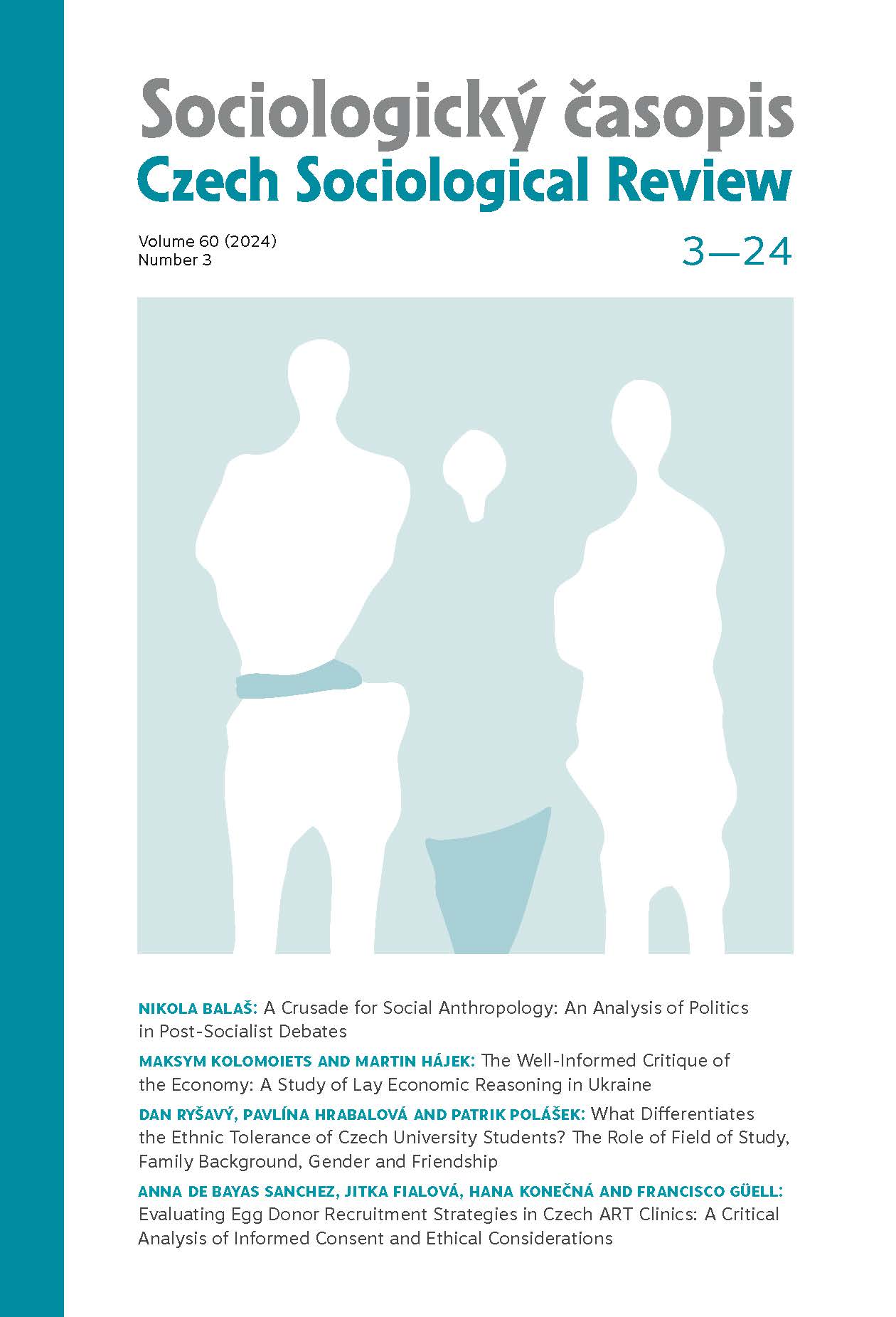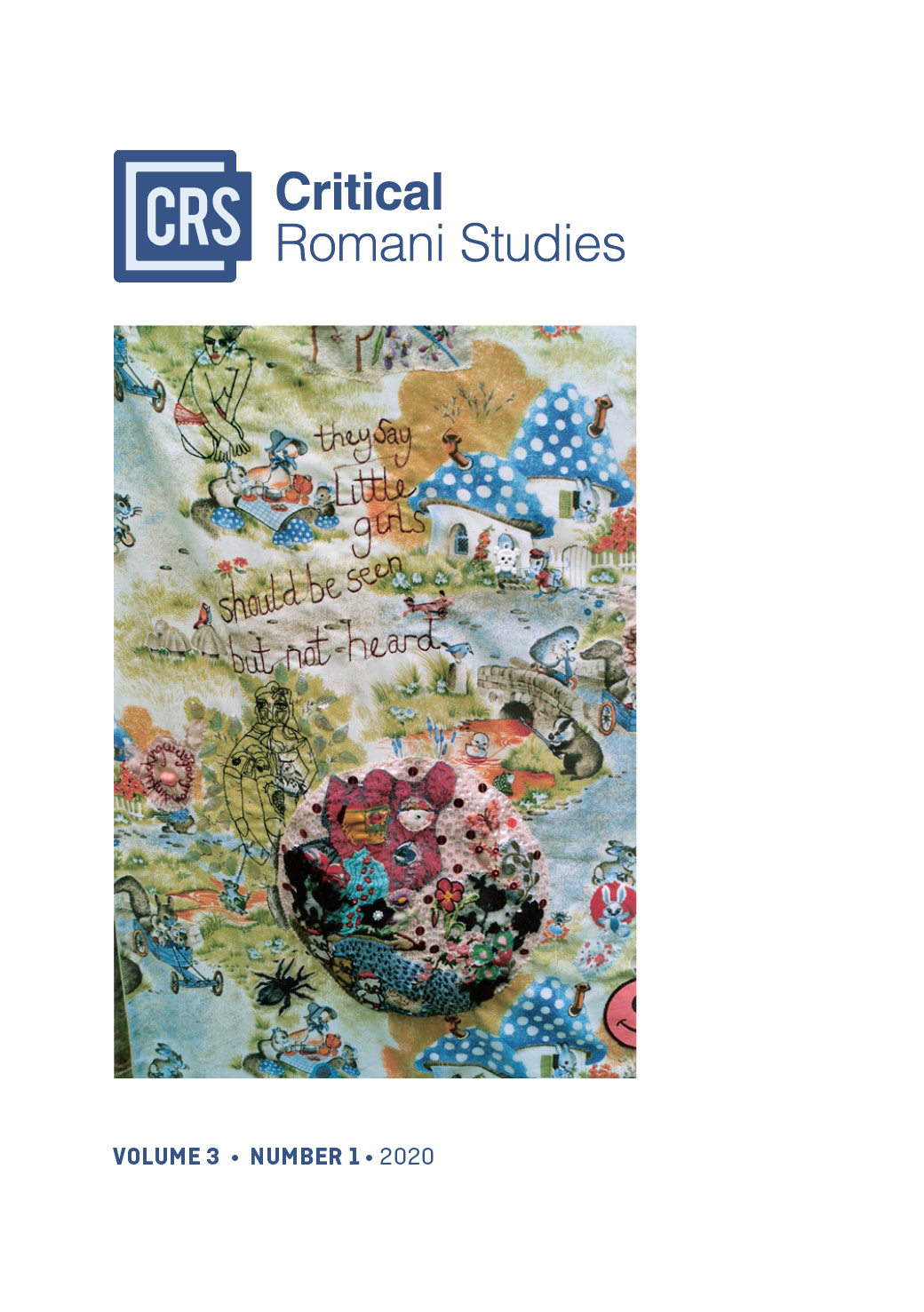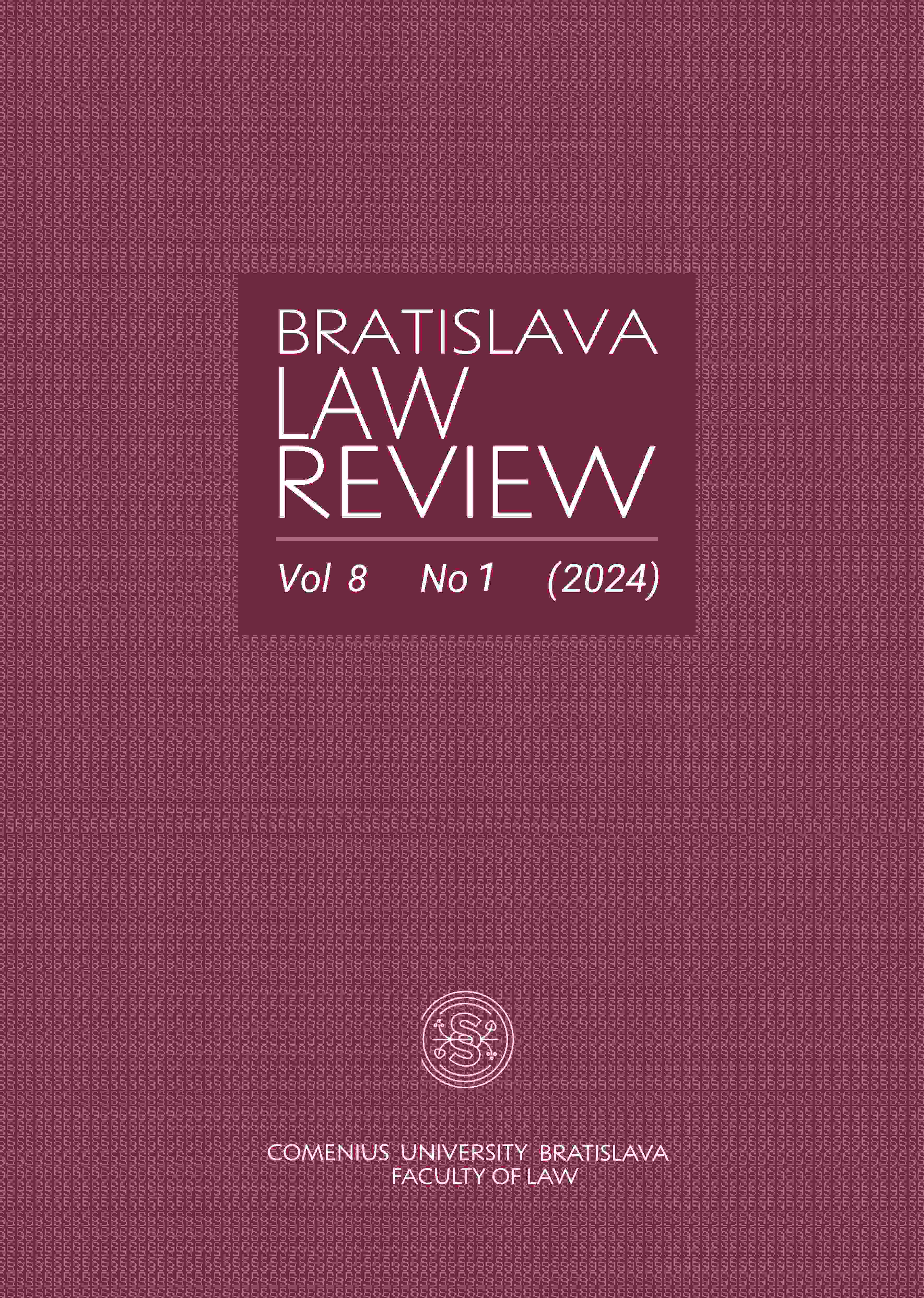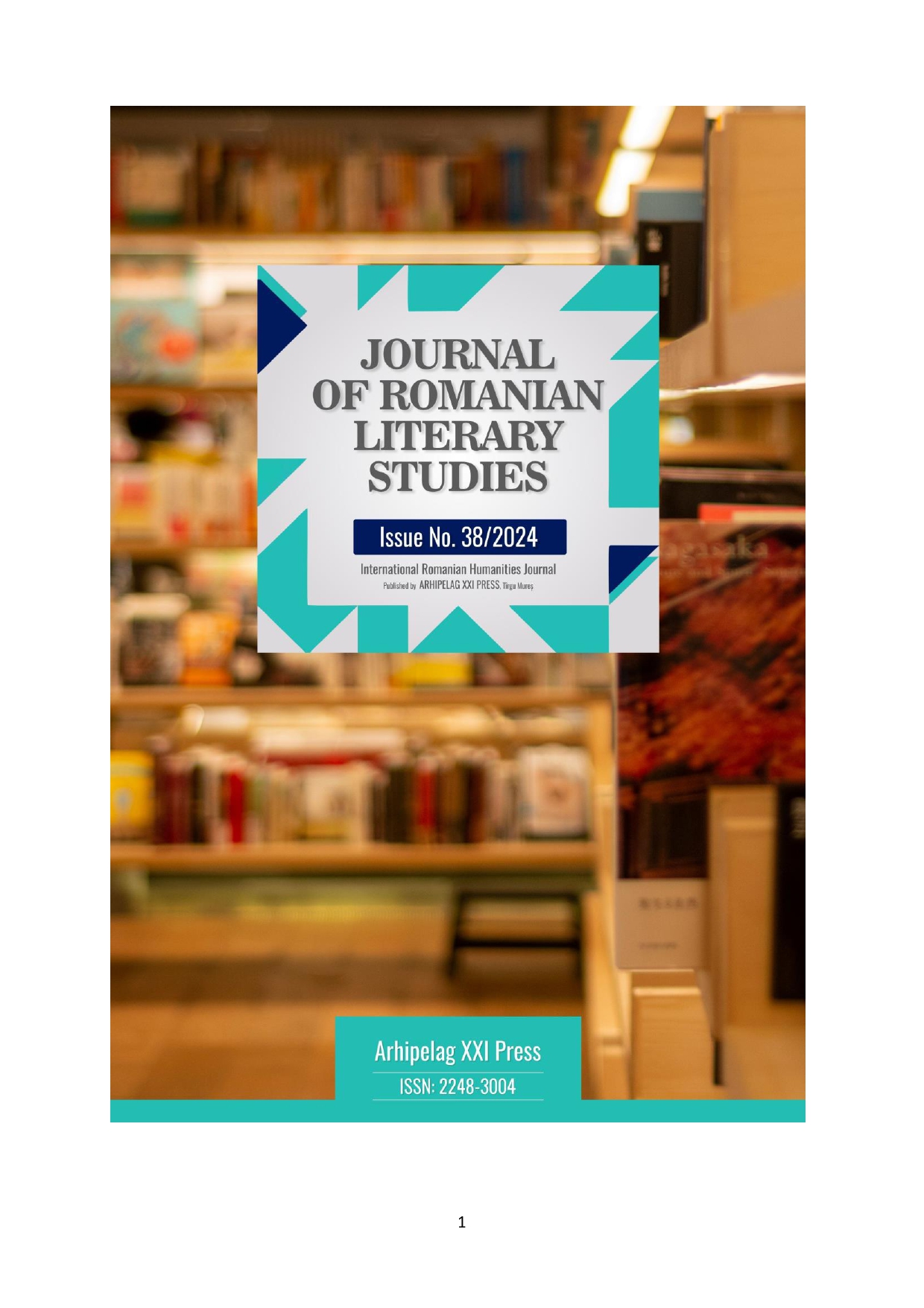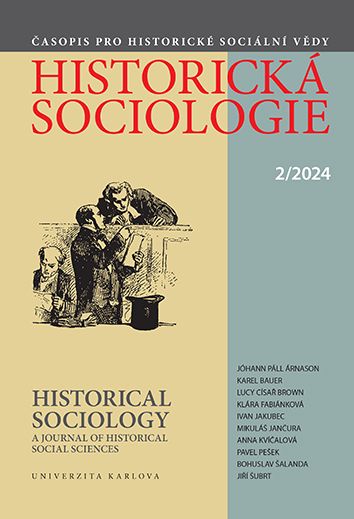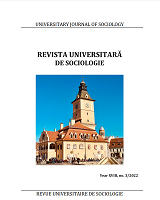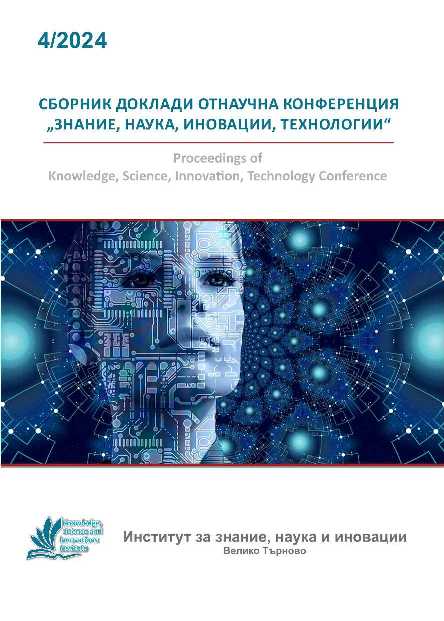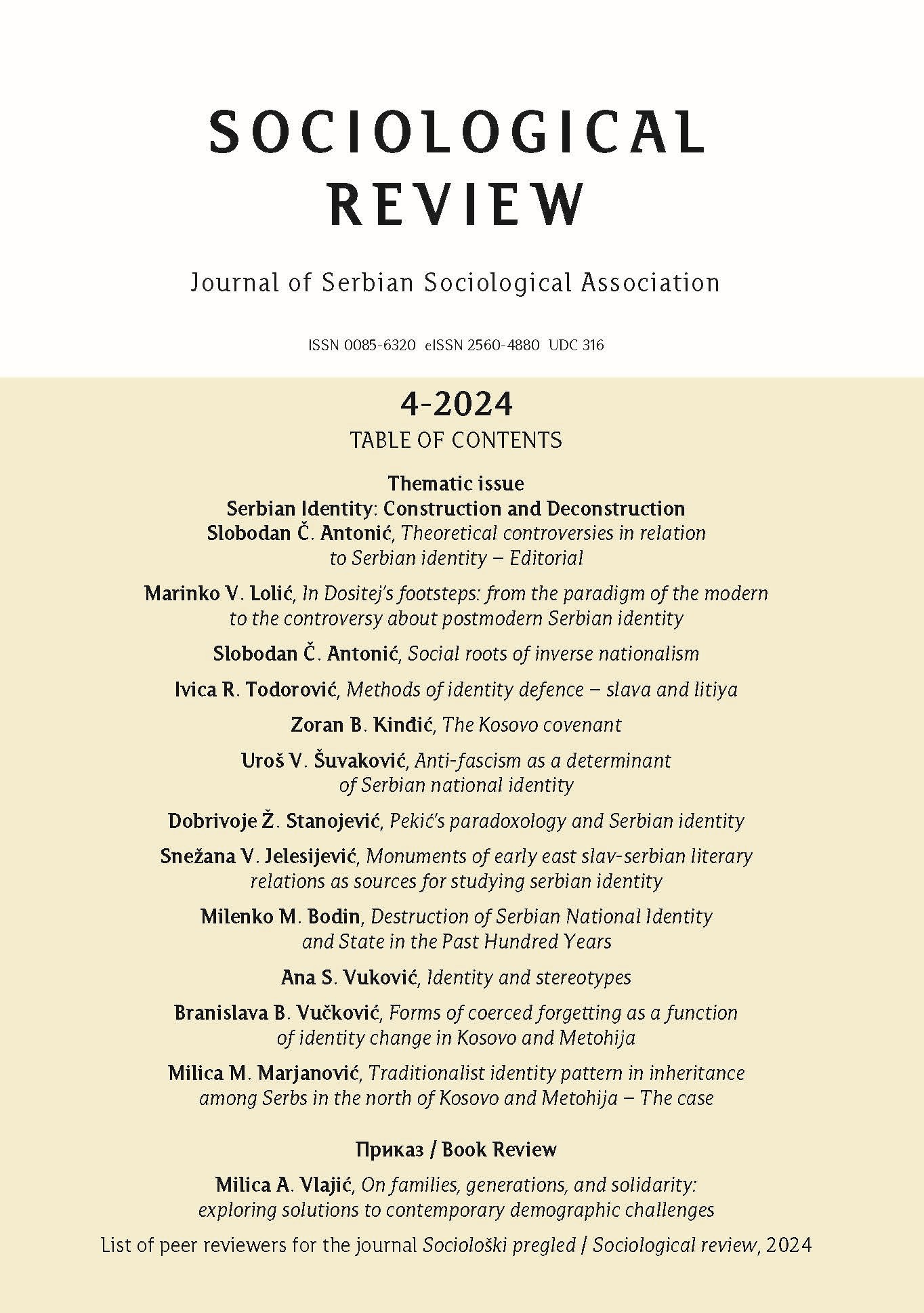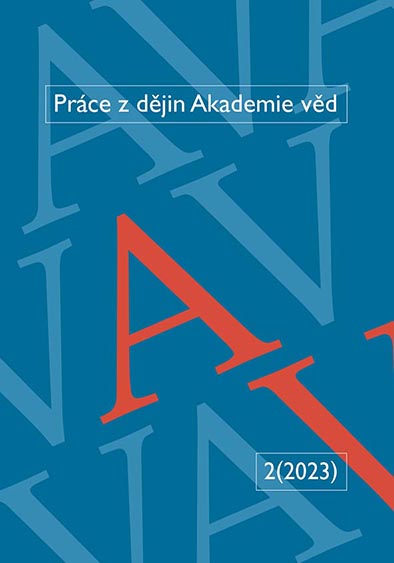Author(s): Abdel Alibegović,Midhat Čaušević / Language(s): Bosnian
Issue: 1/2016
The authors in the paper reflect sociological reality and substantiality on the level of meta-theoretical view of the substantiality itself and essential incline of sociology. If we put all phenomena that are encompassed by wider sociological interest, as Husserl says, between brackets, we still have question of crisis and reflection of (some) crisis imposed as a fundamental characteristic in every serious sociological approach. A question arises – whether a modern man, or a man in general, “likes“ to think, as Heidegger would say? Can the conceptual creator or the culprit of the western rationality be praised for thinking, for having learned to think? Of course, there is an immense difference between be able to think causes and being able/have to think consequences, results of your own actions. There is also an additional situation of not being able to think at all about self, the world, consequences of our actions, etc. Is the man’s faith ontological and ecological awareness, living and acting in accordance to “life sanctity“, or his destiny is a state of “dehumanization“, barbarism and false “-isms“of conscience and awareness? Following modern sociological approaches and authors, the authors tried to reflect, overview and solve the key substantiality of the epoch we live in/out, whatever this “live“means if we view it through prism of Bauman’s and Beck’s epoch of risk, liquidity of life, modernity and fear, through Konrad Paul’s meaningful scanning of catchword “society of knowledge“, to George Myerson’s revealing of range and delusions of ecologism.
More...
